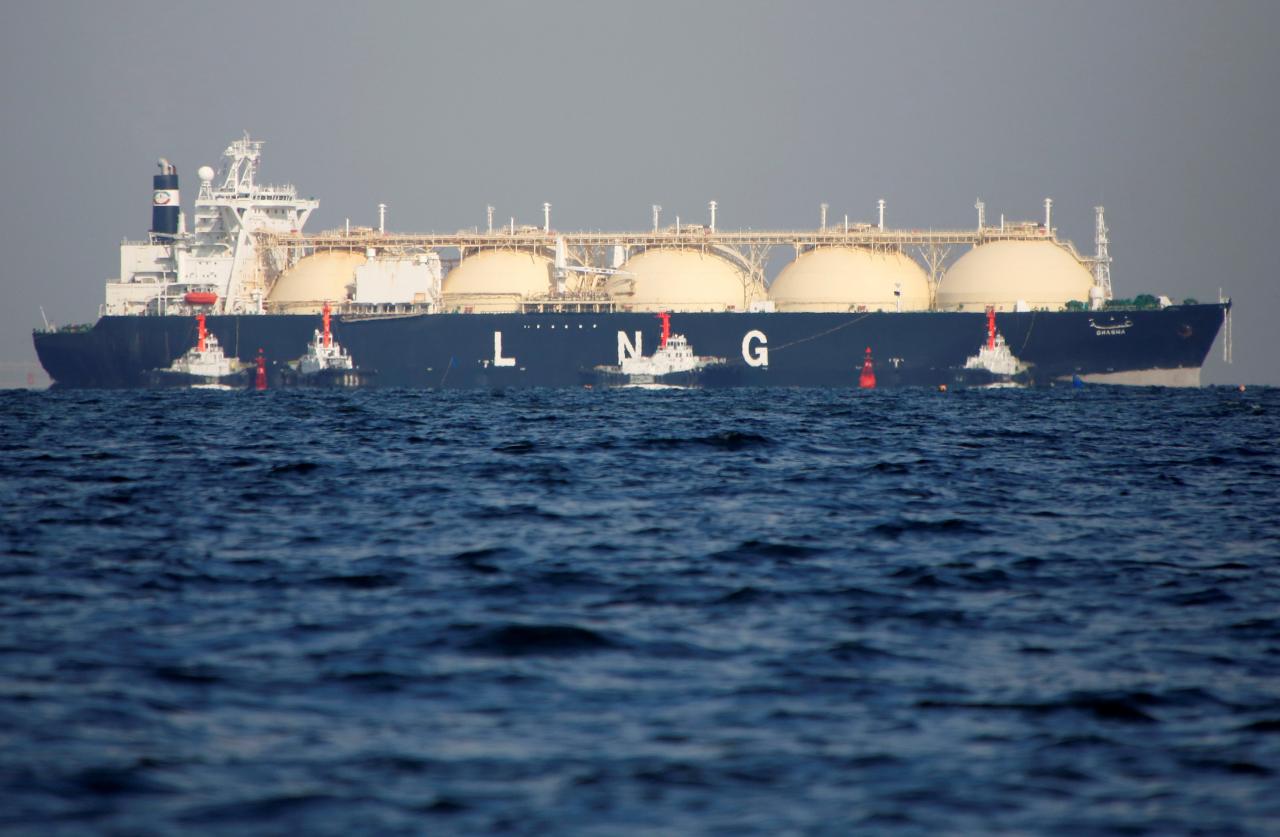
However, the PML-N has come in for a lot of flak from the present Pakistan Tehreek-e-Insaf (PTI) government. The PTI had been criticising the LNG deal with Qatar even when it was in the opposition and the PML-N was on treasury benches.
It looks like the same story is going to be repeated during the current PTI tenure as the government is expected to award another LNG supply contract to Qatar.
Prime Minister Imran Khan directed the Petroleum Division on February 12, 2019, to explore the possibility of securing an additional 200 million cubic feet of LNG per day (mmcfd) at a lower price from Qatar to bridge the projected demand-supply gap. In addition to that, the Cabinet Committee on Energy gave directives for making necessary arrangements for the import of more LNG to meet the energy needs of the country.
Following these directives, the petroleum secretary and then energy task force chairman visited Qatar on March 7 to secure supply of an additional 200 mmcfd of LNG from Qatar. Following talks, Doha expressed its willingness to increase LNG supply to Pakistan.
The Petroleum Division, in a paper submitted in the cabinet on April 2, recalled that an inter-governmental agreement existed between Qatar and Pakistan, which had been effective since March 9, 2015. Under the agreement, Qatargas and Pakistan State Oil (PSO) were designated by Qatar and Pakistan for LNG trade.
Therefore, the Petroleum Division said, it would be appropriate to assign the task of importing the additional 200 mmcfd to PSO on a government-to-government basis.
The cabinet was reminded that in order to negotiate the LNG price, the ECC in its meeting held on October 31, 2018, had constituted a price negotiating committee.
Pakistan LNG Limited (PLL) managing director acts as a member and secretary of the committee. The committee has held a series of meetings and assessed LNG price offers of seven government-nominated suppliers. These include Turkish Petroleum International Company, Petronas of Malaysia, Oman Trading International, Eni of Italy, Pertamina of Indonesia, State Oil Company of Azerbaijan Republic and Gazprom of Russia.
At present, two LNG re-gasification terminals are working in Pakistan. PSO is importing six LNG cargoes per month, which bring around 600 mmcfd in a term contract including five cargoes from Qatar.
The LNG imported by PSO is re-gasified at the first terminal. At the second terminal, PLL is importing two LNG cargoes per month carrying 200 mmcfd on a term contract basis whereas additional LNG imports are made through spot tenders to meet the gas requirement.
Thus, at the second LNG terminal, a capacity of 400 mmcfd is available for LNG import on a term contract basis instead of spot purchases for better price certainty and gas supply security.
LNG deals
The two LNG terminals have a total handling capacity of 1,400 mmcfd. The government has secured contracts for the supply of 200 mmcfd and has to clinch deals for another 400 mmcfd to utilise the full capacity of 600 mmcfd at the second LNG terminal.
The government is arranging supply of 400 mmcfd on a spot basis. In the initial phase, it wants to sign a deal for 200 mmcfd.
At present, four countries which include Malaysia, Azerbaijan, Italy, and Qatar are vying to win an LNG deal for the provision of 200 mmcfd to Pakistan. They have quoted LNG prices but the Qatar lobby in Pakistan is quite active, seeking to award the contract to Doha.
Qatar is already supplying 500 mmcfd of LNG to Pakistan at 13.37% of Brent crude price, the contract for which was signed by the previous PML-N government. Now, Qatar has offered a lower price of 11.5% of Brent crude for supply over a period of 10 years. It is expected that the contract may be awarded to Qatar.
Malaysian firm Petronas has offered a price of 11.7% of Brent crude, Azerbaijan firm Socar has offered LNG supply at 11.8% of Brent crude and Eni is offering LNG at 11.83% of Brent crude.
Qatar is supplying LNG at 13.37% of Brent crude price and is paying $320,000 per LNG ship as port charges to the Port Qasim Authority (PQA). However, Petronas, Socar, and Eni are willing to pay $500,000 per ship to the PQA.
If we take the average price of existing and future deals with Qatar, it comes to around 12% of Brent crude. A comparison with prices quoted by other suppliers shows the price offered by Qatar is still higher.
There are some serious questions that need to be asked. First, why the then chairman of the task force on energy with no executive powers visited Qatar to strike an LNG deal. Second, why Qatar was not asked to offer a bid price like other countries for comparison. Third, the Petroleum Division disclosed in the cabinet only the price quoted by Qatar and made no comparison. Another question is why other countries were ignored.
The government should have hired a consultant to analyse the prices quoted by all countries in order to strike a deal at a fair price. But this has not been done.
Published in The Express Tribune, June 5th, 2019.
Like Business on Facebook, follow @TribuneBiz on Twitter to stay informed and join in the conversation.
-(1)1717678110-0/Kendrick-(1)-(1)1717678110-0-405x300.webp)
















COMMENTS (1)
Comments are moderated and generally will be posted if they are on-topic and not abusive.
For more information, please see our Comments FAQ